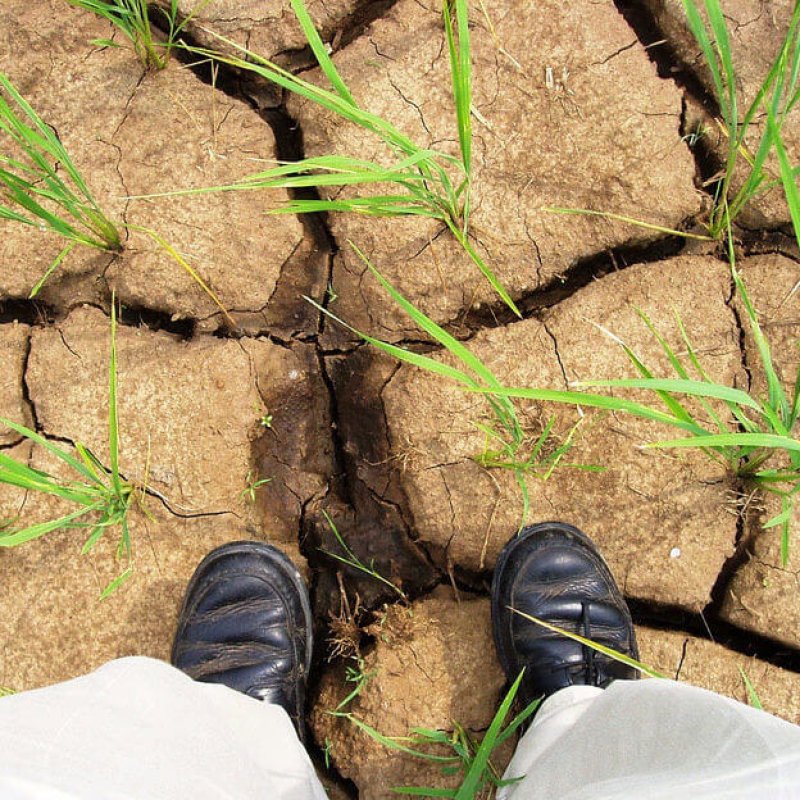The biblical Joseph foresaw in a dream a seven-year drought and subsequently guided Egypt’s rulers to set aside enough stores of wheat to survive it. …. Climate change has ushered in a new era of drought – and this time there’s no end in sight ….
If Joseph were alive …. he might very well pick up the phone and call Israeli startup PlantArcBio. Like Joseph, PlantArcBio’s founder and CEO Dror Shalitin has a vision to help the planet cope with less rainfall. This time, it’s based on science ….
Shalitin’s company aims to make some of the world’s most important crops more drought-tolerant by adding specific genes found in regions that traditionally receive little water. Israel has plenty of places to look for that, in particular the ever-parched Dead Sea area and the southern Negev and Arava deserts.
…
PlantArcBio collects actual soil and water samples from the Dead Sea area. These samples are filled with millions of genes from tens of thousands of plants, animals, viruses, fungi and micro-organisms.
PlantArcBio then isolates the genes from the soil “soup” it’s collected and, using specialized agro-bacteria, inserts the genes into model plants – one gene per plant. A model plant is one that more easily accepts foreign genes.
Read full, original article: Genes from Dead Sea to produce more drought-tolerant crops































